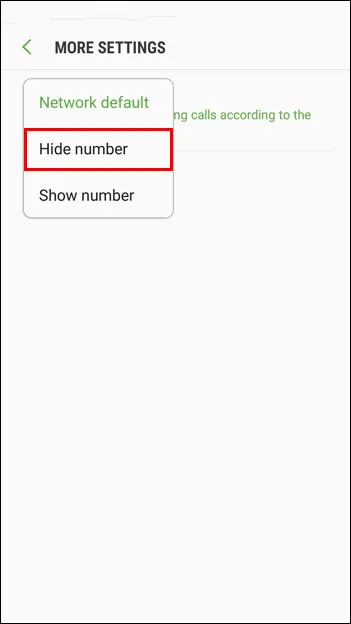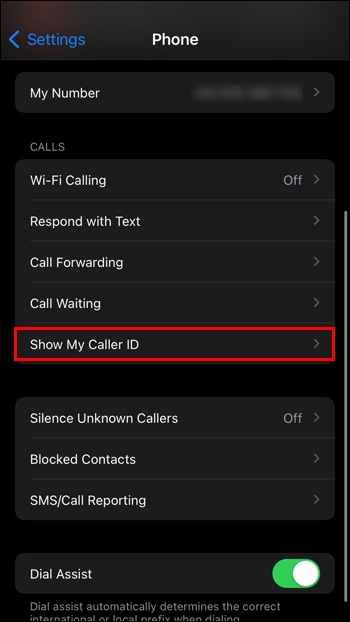In today’s digital age, texting has become an essential communication tool. However, there are situations where you might want to keep your phone number private while sending a text message. Whether it’s contacting someone anonymously, sending a surprise message, or simply maintaining privacy, there are several methods available to hide your phone number when texting. This comprehensive guide explores the various options for anonymous texting, their pros and cons, and the legal considerations involved.

Why Hide Your Phone Number When Texting?
There are several reasons why someone might want to hide their phone number when texting:
- Privacy:You might want to contact someone anonymously, perhaps to report a tip or inquire about a sensitive topic.
- Security:Hiding your number can be beneficial when responding to online ads or interacting with unknown individuals.
- Surprise:Sending an anonymous text message can be a fun way to surprise a friend or loved one.
- Professional Use:Businesses might use anonymous texting for customer surveys, appointment reminders, or marketing campaigns (with proper consent).
Traditional Methods with Limited Anonymity
Before diving into more advanced methods, let’s explore some traditional approaches that offer limited anonymity:
- Carrier Blocking Codes:Certain carrier-specific codes, like *67 (US and Canada), can be used before a phone number to temporarily hide your caller ID when making a call. Unfortunately, these codes typically don’t work for text messages.
- Prepaid SIM Cards:Purchasing a prepaid SIM card allows you to send texts anonymously, but it requires acquiring a new phone number and potentially registering the SIM card.
These methods offer some level of anonymity, but they’re not foolproof. The recipient might still be able to identify you based on context, voice recognition (if sending a voice message), or by tracing the origin of the SIM card (prepaid).
Modern Solutions for Hiding Your Phone Number
Technology offers more sophisticated solutions for anonymous texting:
- Burner Apps: These apps provide temporary phone numbers specifically designed for anonymous communication. You can send and receive text messages, sometimes with additional features like picture messaging. Popular burner apps include Burner, Hushed, and TextMe.
- Pros: Easy to use, temporary numbers ensure anonymity, some offer additional features.
- Cons: Often require subscriptions or in-app purchases, limited texting capabilities on free plans, potential privacy concerns with app data collection.
- Online Texting Services: Several websites allow you to send anonymous text messages without downloading any apps. These services typically require entering the recipient’s number and your desired message.
- Pros: Convenient, no downloads required.
- Cons: Limited features (no picture messages, etc.), potential security risks with lesser-known websites, may not be entirely anonymous.
- Virtual Private Networks (VPNs): While not specifically designed for texting, VPNs can mask your IP address, potentially making it more difficult to trace the origin of your text message. However, combining a VPN with anonymous texting services adds complexity and might not be necessary for basic anonymity.
- Pros: Provides broader online anonymity, can be helpful for additional online privacy needs.
- Cons: Setting up a VPN can be technical, additional subscription costs, doesn’t guarantee complete anonymity when texting alone.

Important Considerations Before Sending Anonymous Texts
While these methods offer anonymity, it’s crucial to use them responsibly. Here are some key points to remember:
- Legal Concerns:In some regions, using anonymous texting services for illegal activities can have legal consequences. Always check local laws before using these services.
- Harassment and Abuse:Anonymous texting should never be used for harassment, bullying, or spreading misinformation.
- Scams and Phishing:Be wary of using unknown online texting services, as some might be scams designed to steal personal information.
The Ethical Dilemma of Anonymity
There’s an ongoing discussion about the ethical implications of anonymous communication. While it can be a valuable tool in certain situations, it can also be misused. Here are some questions to consider:
- Are you using anonymity for legitimate reasons?
- Could your message be misinterpreted without a clear identity attached?
- Is there a more responsible way to communicate your message?
The Future of Anonymous Texting
As technology advances, new methods for anonymous texting are likely to emerge. However, it’s crucial to strike a balance between anonymity and responsible communication. As users, it’s our responsibility to utilize these tools ethically and be aware of the potential consequences.
Conclusion
Hiding your phone number when texting can be beneficial in specific situations. However, it’s important to choose the right method based on your needs and prioritize responsible communication. Remember, anonymity is a tool, and like any tool, it should be used with caution and awareness. By understanding the available options, their limitations, and the ethical considerations, you can make informed decisions about when and how to hide your phone number when texting.
Here are some additional resources that you might find helpful:
- Consumer Reports:A guide to burner apps: https://www.consumerreports.org/mobile-apps/
- Electronic Frontier Foundation:Information on online privacy: https://www.eff.org/
- National Cyber Security Alliance:Tips for staying safe online: https://staysafeonline.org/
Ultimately, the choice of whether or not to hide your phone number rests with you. By weighing the benefits and drawbacks and using these tools responsibly, you can ensure that your anonymous text messages reach their intended recipient while maintaining your privacy.